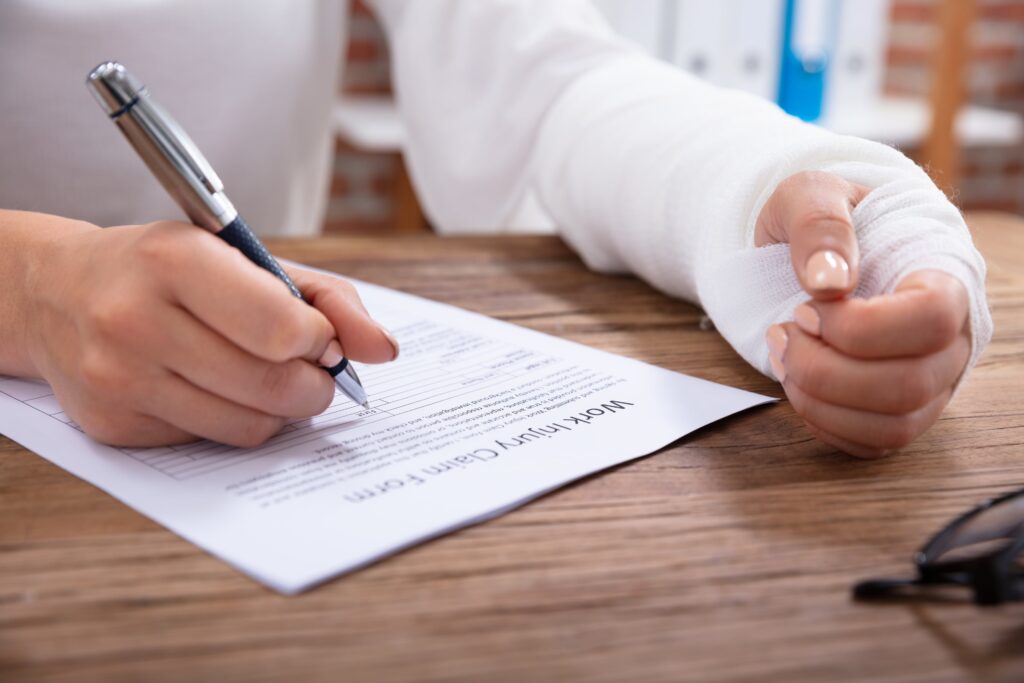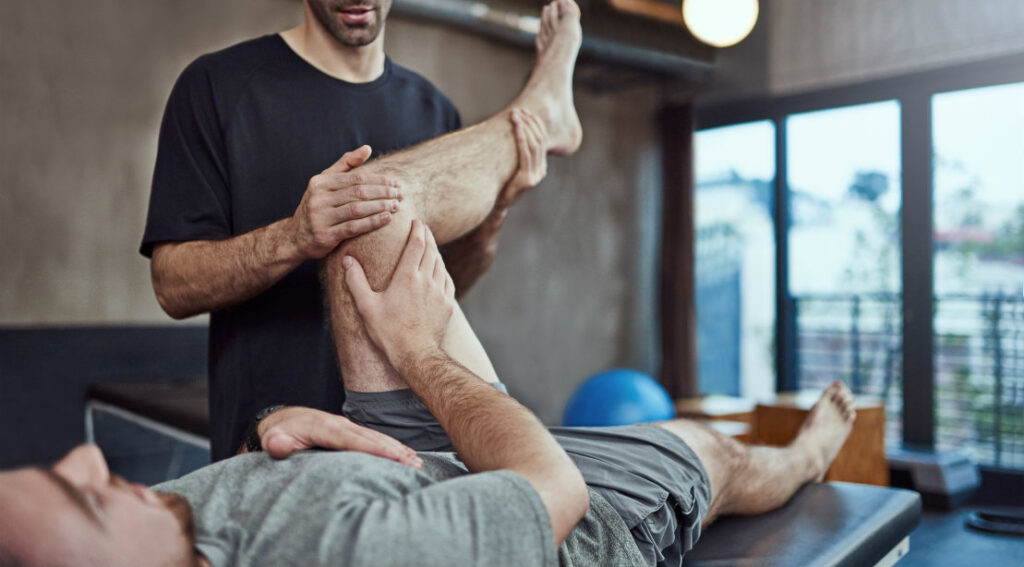Regular exercise is a crucial component of maintaining a healthy lifestyle, and exercising at a gym gives you access to a variety of fitness equipment. However, working out at a gym comes with its own set of concerns, including the possibility of a life-altering injury.
While not every gym injury results from the facility or personal trainer’s negligence, there are times when they can be held liable, and you can seek reimbursement for your gym injuries in these scenarios. So, when is it appropriate to take legal action against a gym? And how do you know what rights you have? Here’s everything you need to know about it.
Table of Contents
1. Who Is Responsible For Gym Injuries?

Like other commercial enterprises, gyms are responsible for the safety of individuals who enter their facility, whether they are their clients or employees. If the gym has been negligent in making all reasonable measures to keep you safe, whether you were harmed by faulty equipment or slipped and fell while working out at the gym, they may be liable for your injuries, and you are eligible for filing a claim.
If a personal trainer failed to instruct you on how to use gym equipment properly, and it was their job to do so, you may have a case for filing a lawsuit. Making a gym injury claim can be difficult because you must establish culpability first, which isn’t always as simple as it appears. Trying to deal with a situation like this without any prior experience or legal knowledge can be a terrifying idea.
It is recommended that you seek professional assistance from experienced personal injury attorneys that specialize in gym accidents as advised by scura.com.
2. Strong Evidence is Required for Injury Claims

Whatever the circumstances of your accident, you’ll need proof to back up your claim. It’s vital that you notify the gym’s staff, ideally a manager, as soon as possible after you’ve sustained an injury. If you wait hours or days, no one will believe you were injured at the gym.
Request the insurance company’s contact details. Inquire about how to contact the gym’s corporate or parent business offices.
Allow them to call an ambulance if you are seriously injured. You must have a medical examination as soon as possible if you do not go straight to the hospital from the gym. Tell everything to your medical providers; when, where, and how you were injured.
Refusing or delaying medical care provides additional cause for the insurance provider to deny your claim. They’ll argue that your injuries weren’t caused while working out at the gym.
To demonstrate the depth of your gym injuries, you’ll need to request copies of your medical records. You must maintain all your medical invoices and receipts for out-of-pocket payments in a file. If you skip work, request a salary statement from your employer.
Attempt to speak with anyone at the gym who witnessed your injury or who can confirm the issue that caused your accident. Witness testimonies are instrumental pieces of evidence. Obtain the full names and contact information of witnesses. Ask them to sign and date their statements if they are ready to write down what they witnessed.
3. When Can You Claim Compensation For A Gym Injury?

It is the obligation of gyms to guarantee that all available equipment is in good working order and is not damaged, broken, or poorly maintained. If you are injured due to faulty exercise equipment, the gym may have breached their duty of care, and you may be eligible for compensation.
Your personal trainer must advise you on workout exercises that are within your range of motion; otherwise, they may be endangering you. You may be entitled to compensation if a personal trainer instructs you to perform something beyond your capabilities which eventually results in an accident.
Accidents such as dropping weights on another person can happen. Therefore if your injury was entirely the fault of another gym member, you might be able to seek compensation from that person rather than the gym.
4. Is It Possible For You To Sue Even If You Signed A Waiver Or Disclaimer?

When new clients sign up with a gym, they are usually requested to sign a release form or disclaimer. This document aims to safeguard the gym in the event that an injury occurs to someone on the premises, and they can file a liability claim.
New members of some large chain gyms may be required to sign multiple documents. However, individuals must know that signing this type of agreement or contract releases gyms from liability in the event of a potential legal incident.
However, such agreements are not necessarily enforceable or binding. Speak with a lawyer to see if you could pursue a gym lawsuit.
5. Hire A Personal Injury Lawyer

Contacting an expert public injury lawyer with the required experience to handle your case is the best method to begin any public injury claim. If you decide to file a claim, you should be aware that most public liability injury claims must be filed within three years of the accident or your discovery of the damage. There are several exceptions to this rule, such as when minors are involved, which authorities handle differently.
Personal injury lawsuits arising from accidents in public areas may be challenging to pursue. As a result, we strongly advise you to retain the services of an expert public interest and injury lawyer. If you try to file a claim on your own, you may discover that the defendant has employed legal counsel and that you are unable to claim as much as you could, if at all, without professional assistance. A personal injury lawyer can assist you in obtaining the best possible result for your case.
Conclusion
Don’t just walk away with nothing. You would have choices if you or a loved one suffered a life-altering injury due to a gym or fitness center’s gross carelessness. You might not know what an expert personal injury attorney can accomplish for you, but consider reading this article to know what redressal courses are available for you and how you can successfully file for a claim.

Leave a Reply